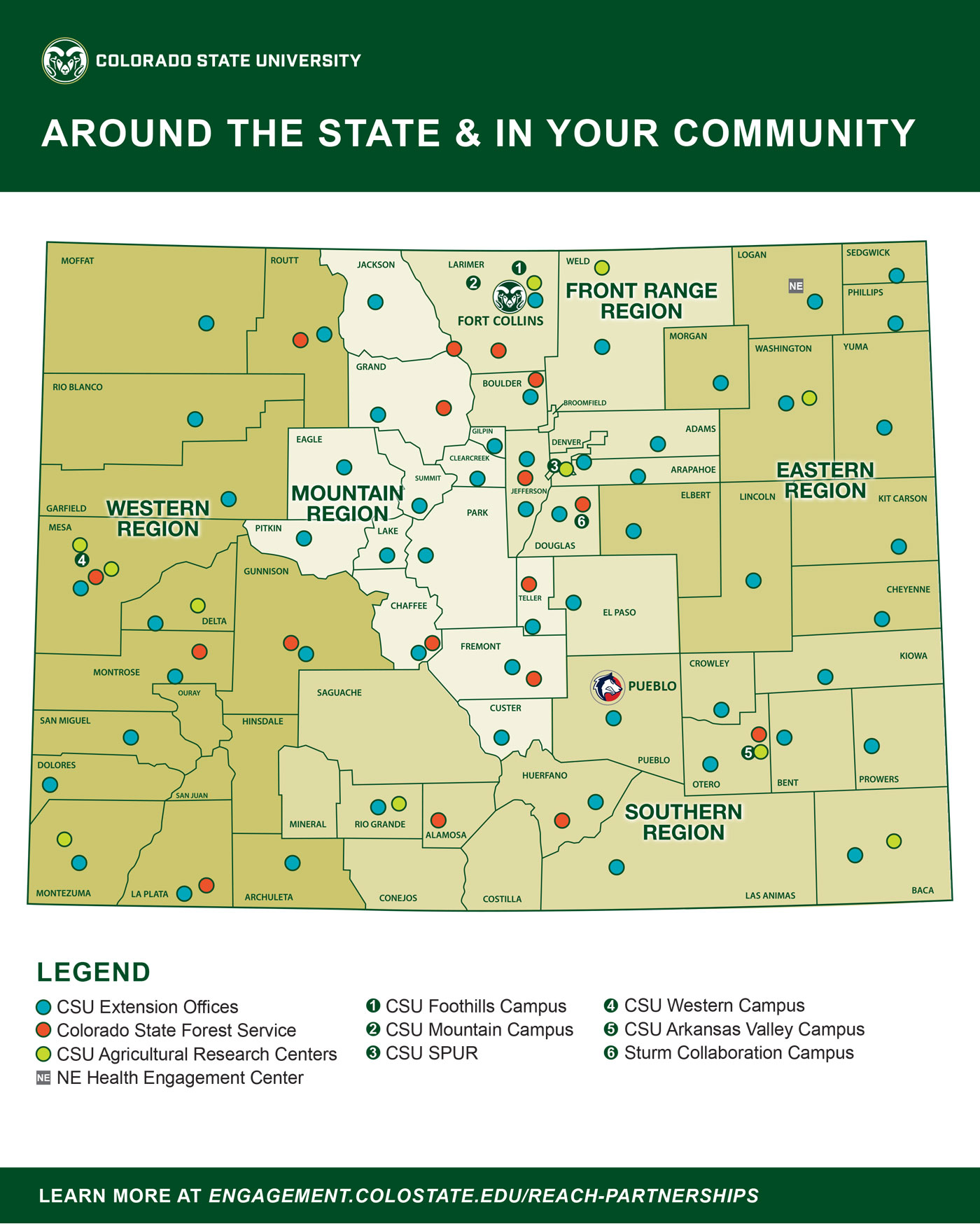'Sky is the limit' for Western Colorado as Extension regional director takes the helm
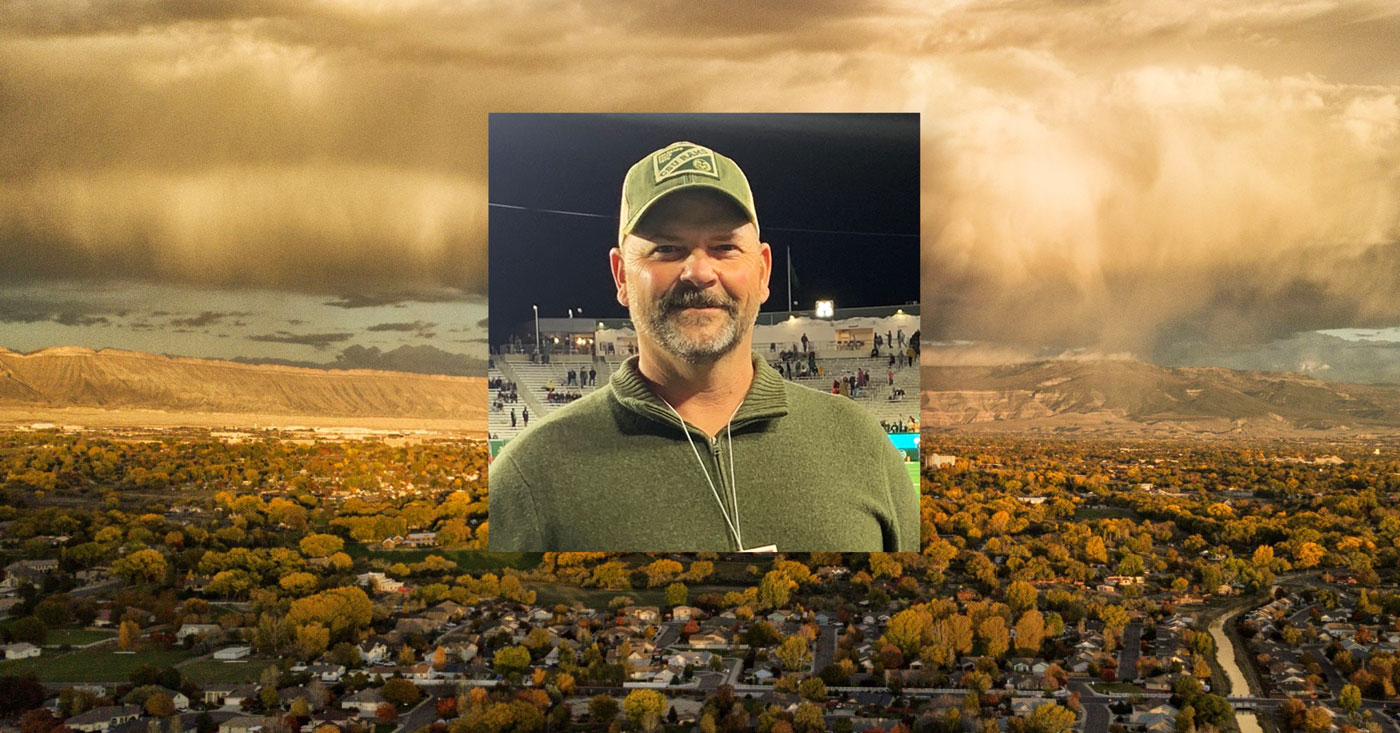
As an Extension agent or specialist, what your day may hold is often hard to predict.
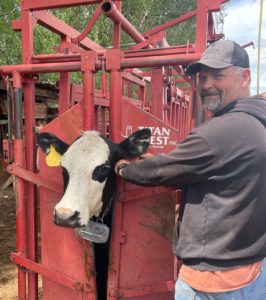
“Four times out of five, you just have to do x, y and z,” said Eric McPhail, a 16-year Extension veteran who recently became the organization’s regional director overseeing staff in 16 counties across the western third of the state.
But, in between educating community members on everything from ag issues to 4-H programming, water conservation, soil health and more, it’s not uncommon to get unexpected questions.
Such as this request from the Denver Zoo: “‘Eric, our vampire bats need blood. Could you help us get our hands on the right kind?’”
McPhail sees the freedom of being able to creatively meet new needs – whether off the beaten path or right in Extension’s wheelhouse – as a critical part of the work.
“In my mind I’m thinking, ‘This is kind of fun!’” recalled McPhail, who was able to connect the Zoo’s nutritionist with CSU’s meat science experts and other campus stakeholders to make the beef blood deliveries start happening.
The question stemmed from a relationship built when McPhail, who was then serving as the Gunnison County Extension director, connected the Denver Zoo with a local hay producer to help them meet the unique dietary needs of their tapirs.
“Now, we are feeding elephants, and a lot of other animals, with hay out of the Gunnison Valley,” McPhail said.
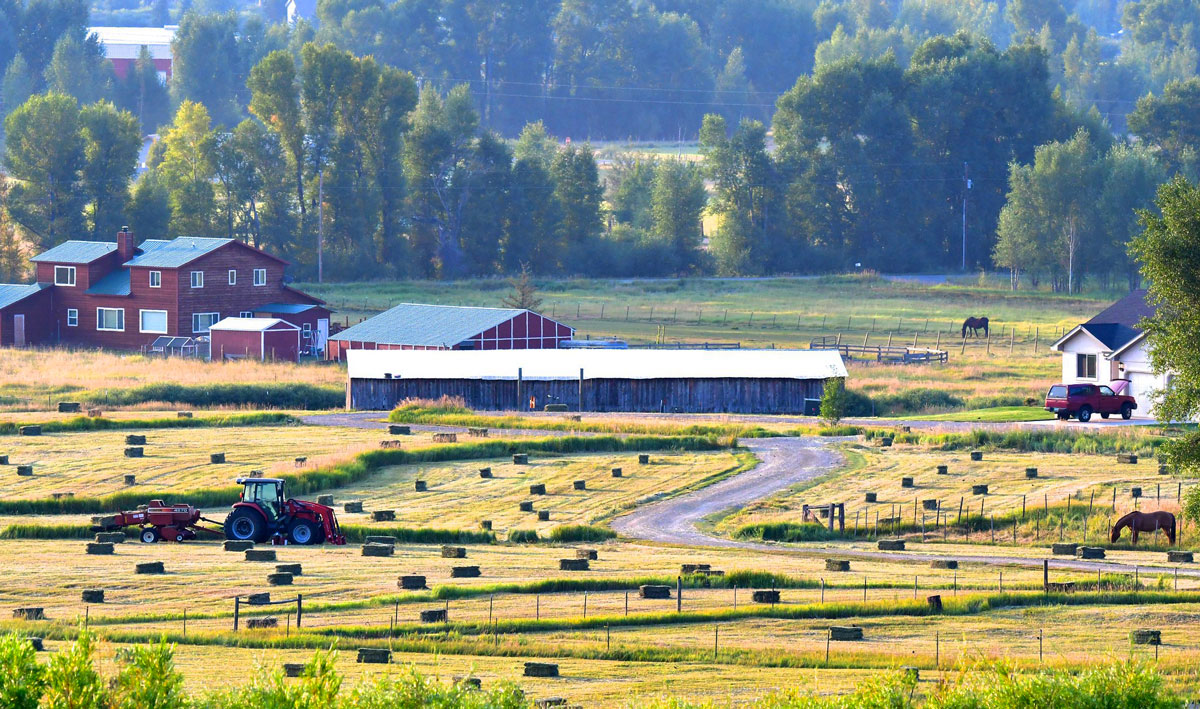
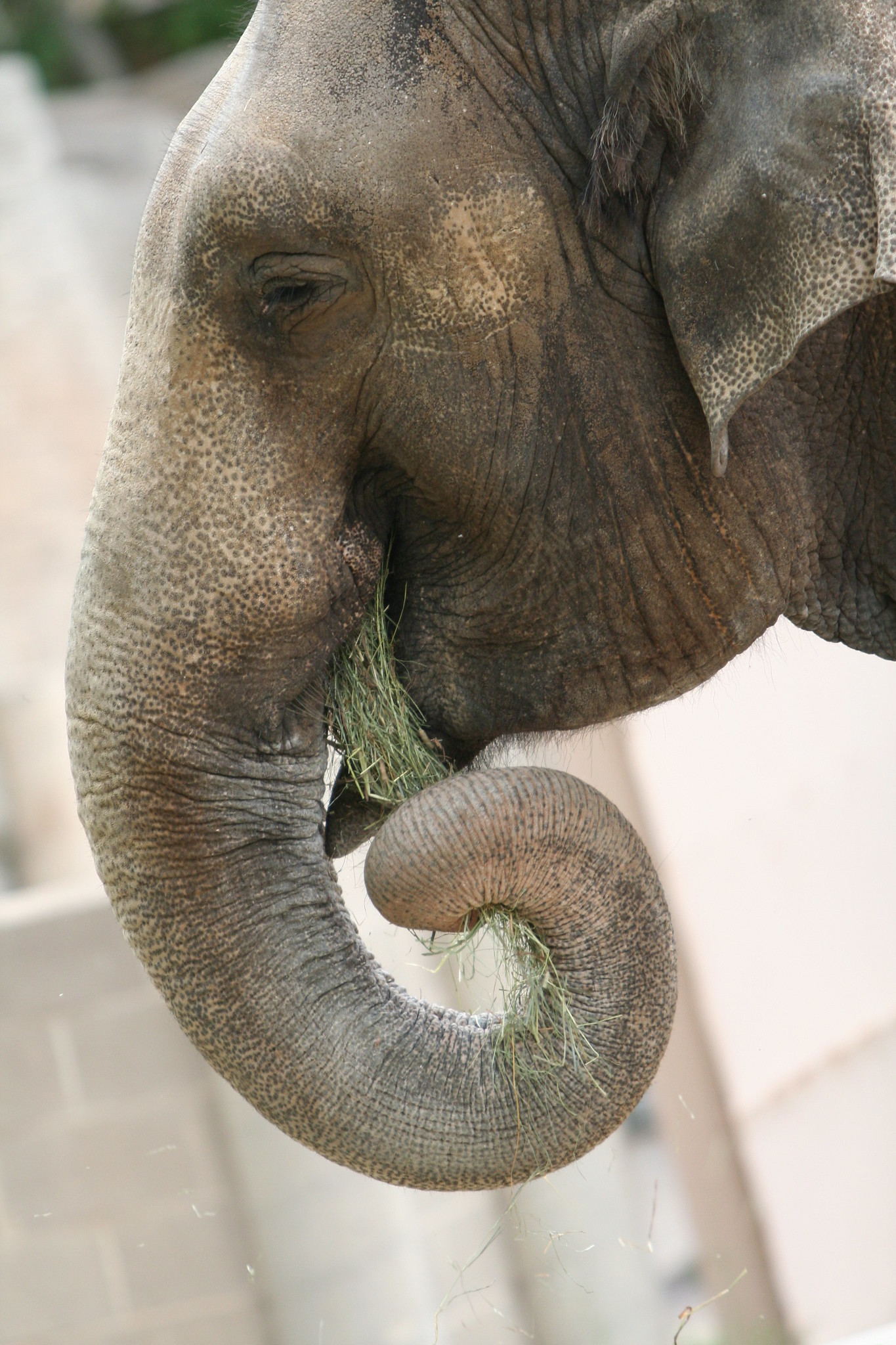
Although McPhail’s work with the Denver Zoo falls outside of the norm, the successes relied on a tried-and-true formula that he plans to capitalize on as Extension’s Western Region director: know the resources available in your community, understand people’s needs and then make the right connections.
“That’s as important as knowing what a disease on a plant is, knowing the people who you can go to,” McPhail said.
“If I send out 150 emails to the ranching community in Gunnison, I may not get a single response. But, if I know I need to talk to this person and that person and then get it out into the association meeting, then I’ve got a program that’s got 40-50 people coming to it,” McPhail said.
Supporting Western Colorado
To meet the needs of communities in Extension’s Western Region, which covers more than 32,000 square miles, McPhail plans to leverage his insights to meet two overarching goals: freeing up time for Extension experts so they can explore new ways to solve complex problems and fostering connections between county and CSU stakeholders so they can collaborate to more effectively get resources to those who need them.

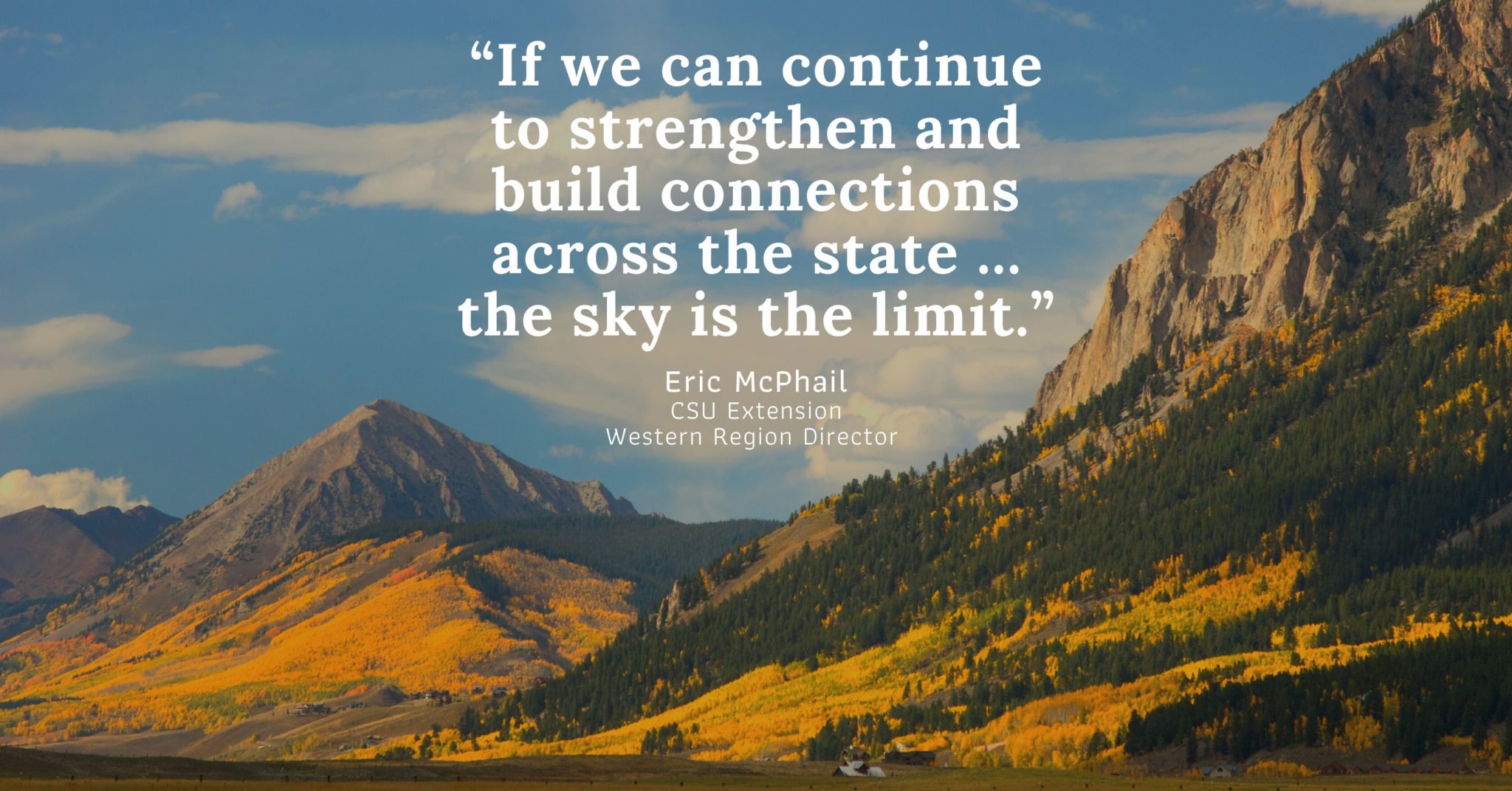
“We hire people who want to have fun, they want to teach, they want to deliver programs and they want to be professional. It’s easy for them – if they have the time – to be rock stars,” said McPhail.
“To me, people’s happiness is about having some of those opportunities to explore on their own, make their own programs, and find success in their communities,” he said. “If our Extension agents don’t have the time to be happy, it’s not going to work.”
Moving into his new role, there’s a lot that McPhail will miss: “The everyday programming, everyday smiles, people coming into the office and being able to help them with a hay test, identifying a plant disease or solving any other problem,” he said.
“But I’m excited to focus on the bigger initiatives that will help the whole region out, as well as spending more time supporting the staff and building strong, local teams that are connected to one another and the University system as a whole.”
McPhail is also looking forward to the continued growth of the CSU Office of Engagement and Extension’s Rural Initiative, which will bringing additional programming to communities in the region, including in new focus areas like public health.
“If we can continue to strengthen and build connections across the state, whether that’s between ag experiment stations, forestry collaboratives, our experts across CSU and so many others, the sky is the limit,” said McPhail.
